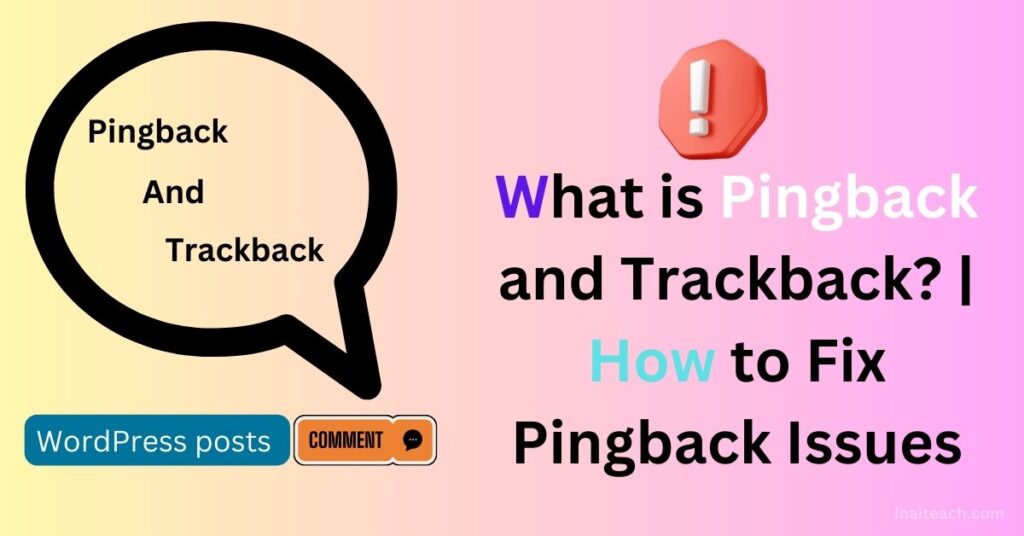
Introduction
Odoo vs Blogger Which is Best for Your Website in 2025 Choosing the best platform for your online presence can be a daunting experience. Many are always debating among themselves as to which one is better; Blogger or Odoo? Since they are targeting different markets. This post provides a thorough comparison of both Odoo and Blogger, with respect to features, uses, and litany of drawbacks to help you determine which platform is right for you.
Here’s a quick comparison
| Feature | Blogger | Odoo |
|---|---|---|
| Purpose | Blogging platform for content creation and publishing. | Comprehensive business management software (ERP system). |
| Target Audience | Individuals, hobby bloggers, small businesses. | Small to large businesses across various industries. |
| Functionality | Focuses on blogging, content management, and SEO. | Includes modules for accounting, inventory, sales, CRM, HR, etc. |
| Customization | Limited design and functionality customization. | Highly customizable with many modules and third-party apps. |
| Ease of Use | Simple to use, beginner-friendly interface. | Requires some learning but user-friendly with guides. |
| Hosting | Hosted on Google’s servers, no separate hosting required. | Can be self-hosted or used via Odoo’s cloud hosting. |
| Pricing | Free with ads; premium version available for custom domain. | Free for basic functionality, paid plans for advanced features. |
| Integration | Limited third-party integrations. | Wide range of integrations with various business tools. |
| SEO Tools | Built-in SEO tools for optimizing blog posts. | SEO features available but primarily for e-commerce. |
| Mobile App | Mobile app available for managing blogs. | Mobile app available for managing business operations. |
| Support | Community support and Google help resources. | Paid support, community forums, and extensive documentation. |
| Analytics | Built-in Google Analytics integration. | Built-in analytics for business performance. |
In summary:
- Blogger is focused on blogging, ideal for content creators and bloggers.
- Odoo is a powerful ERP tool designed to streamline business operations with various management features.
What is Odoo?
Odoo is an all-in-one framework intended to help run all organizations. This includes integrated business applications, web shop management, as well as website building. It is known to support companies of different sizes and comes loaded with a modular design.
Key Features of Odoo
- Website Builder: A drag-and-drop tool to design responsive websites.
- E-commerce Integration: Seamlessly manage online stores.
- CRM and ERP Modules: Tools to enhance business operations.
- Customization: Highly customizable with modules that fit specific business needs.
- Open Source: Offers a community edition for free.
Who Should Use Odoo?
- Businesses that require a comprehensive suite of tools for operations and marketing.
- Users with moderate technical knowledge who want to leverage custom modules.
- Organizations looking for scalability.
What is Blogger?
Blogger is a simple, free platform owned by Google that allows bloggers to display their work. After installation, it works with ease on all Google products.
Key Features of Blogger
- Free Hosting: Fully hosted platform with no additional costs.
- Custom Domain Support: Option to use a custom domain for branding.
- Google Integration: Works seamlessly with Google Analytics, AdSense, and Drive.
- Simple Interface: Easy to use, even for beginners.
- Basic Customization: Limited design and plugin options compared to modern platforms.
Who Should Use Blogger?
- Beginners looking to start blogging without technical skills.
- Hobbyists who want a quick and free way to share their thoughts.
- Users looking for a platform with minimal maintenance.
Detailed Comparison: Odoo vs Blogger
1. Ease of Use
- Odoo: Designed for users with technical expertise. While it has a user-friendly interface, it requires some learning to manage advanced features.
- Blogger: Extremely easy to set up and use, even for first-time users.
2. Features and Flexibility
- Odoo: Offers extensive features beyond blogging, including CRM, ERP, and e-commerce. Highly customizable but may require professional help.
- Blogger: Focused solely on blogging. Features are limited but sufficient for simple blogging needs.
3. Customization
- Odoo: Provides a wide range of themes, plugins, and custom modules.
- Blogger: Offers basic templates with limited customization options.
4. Scalability
- Odoo: Scales easily as your business grows, thanks to its modular structure.
- Blogger: Best for small-scale blogging projects; scalability is limited.
5. Cost
- Odoo: Free community edition available; however, premium plans and modules can add significant costs.
- Blogger: Completely free unless using a custom domain.
6. Monetization
- Odoo: Supports multiple monetization strategies, including e-commerce and advertisements.
- Blogger: Integrated with Google AdSense for easy ad revenue but limited monetization options.
7. SEO and Performance
- Odoo: Strong SEO capabilities with advanced tools for optimizing web pages.
- Blogger: Basic SEO features but adequate for beginners.
Pros and Cons of Odoo
Pros:
- Comprehensive features for businesses.
- Open-source flexibility.
- Excellent for e-commerce and business websites.
Cons:
- Steeper learning curve.
- Higher costs for advanced features.
Pros and Cons of Blogger
Pros:
- Free and easy to use.
- No hosting or maintenance required.
- Ideal for beginners.
Cons:
- Limited features and scalability.
- Outdated interface compared to modern platforms.
Which Should You Choose?
Odoo is Ideal for:
- Businesses requiring an all-in-one platform.
- Users with access to a developer or technical expertise.
- Companies planning to scale their operations.
Blogger is Ideal for:
- Beginners exploring blogging for the first time.
- Personal blogs or small-scale projects.
- Individuals looking for a free, low-maintenance platform.
Conclusion
Odoo vs Blogger Which is Best for Your Website in 2025. The choice depends on your budget, technical expertise, and specific needs. Due to its completeness and scalability, Odoo is the ideal match for entrepreneurs looking for that. Blogger is simple to use and free, hence a wonderful option for beginners and hobbyists. Think of your aims, weigh the pros and cons against each other, and take a wise decision. The most important step, irrespective of the platform you select, is that you start and keep consistency alive in whatever you do.
FAQs
- Can I migrate from Blogger to Odoo later? Yes, but it may require technical expertise to transfer your content and design.
- Is Odoo free to use? Odoo offers a free community edition, but premium features require payment.
- Can Blogger handle e-commerce? No, Blogger is not designed for e-commerce. Odoo is a better option for online stores.
- Which is better for SEO: Odoo or Blogger? Odoo provides advanced SEO tools, while Blogger’s SEO features are basic but beginner-friendly.
- Can I use custom domains on both platforms? Yes, both platforms allow custom domain integration for better branding.
May you like it
Master Web Development in 2025: From Zero to Hero!
Byahmadsekh1301@gmail.com
November 18, 2024
Learnings
Introduction The field of web development is dynamic, always changing with new tools and techniques. In 2025, the digital world is projected to experience rapid changes, making web development an…
Read More

Start an International Blog in 2025 :Earn $10,375 Daily
Byahmadsekh1301@gmail.com
November 18, 2024
Bloging
Starting a blog that reaches people around the world and makes money sounds pretty amazing, right? Well, in 2025, it’s totally possible to start a successful international blog and make $10,375 or…
Read More
Layers Anarc Watch: A Smartwatch by Tech Burner
Byahmadsekh1301@gmail.com
November 17, 2024
Innovations
Layers Anarc Watch: A Smartwatch by Tech Burner The world of wearables is ever-evolving, but few products truly stand out. The Layers Anarc Watch, launched by Tech Burner (Shlok Srivastava), is one of…
Read More




